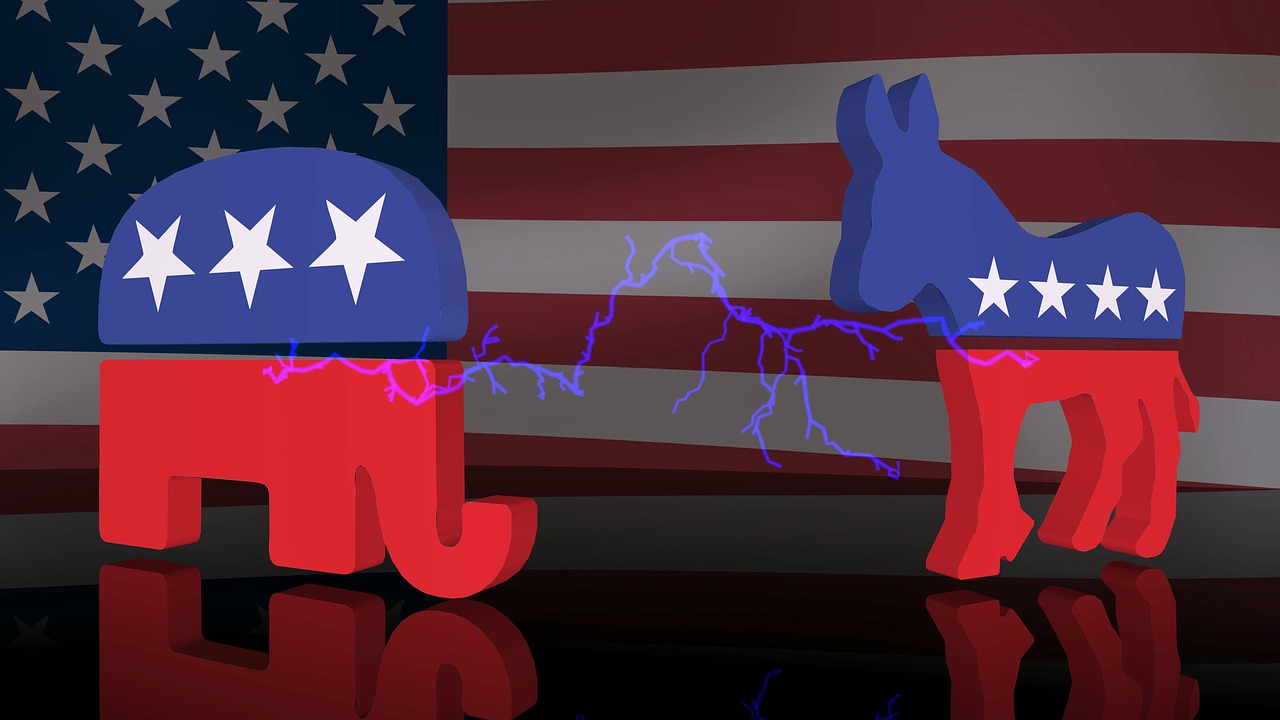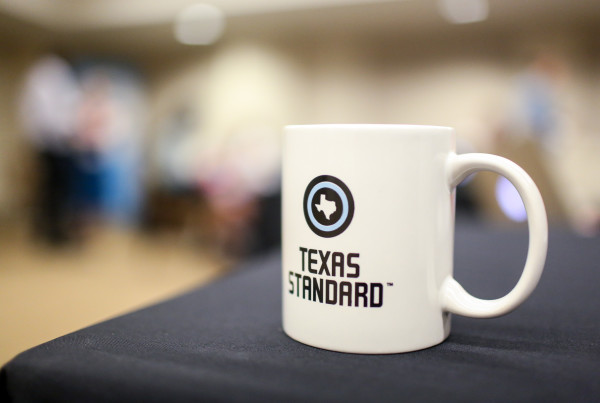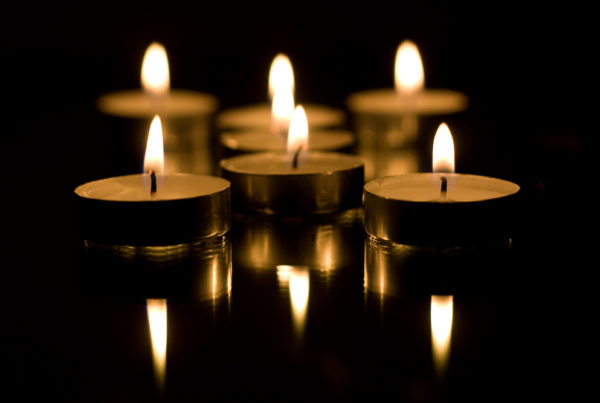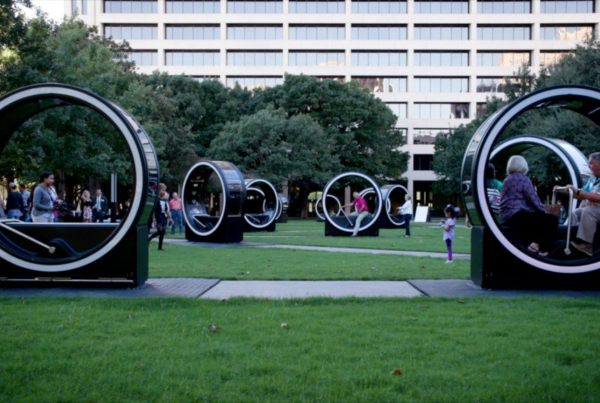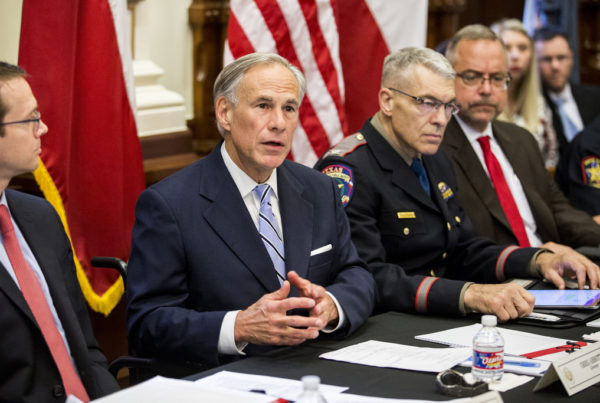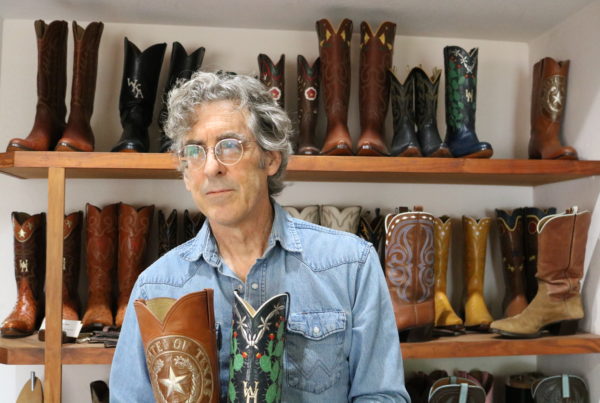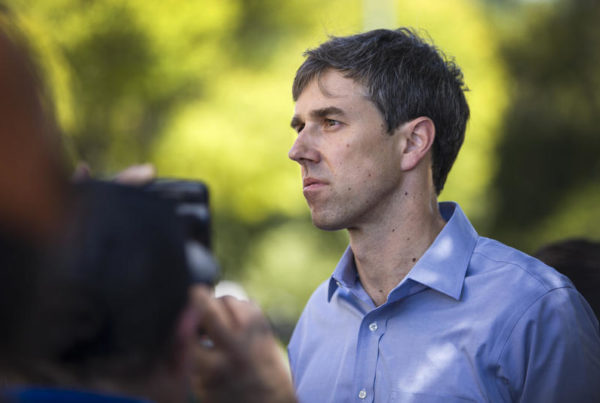As we inch closer to the midterms, it seems the political divide between Democrats and Republicans is getting bigger; recent polls show an almost perfect 50-50 split among Americans. However, a new study published this week titled “Hidden Tribes: A Study of America’s Polarized Landscape,” suggests people might not be all that different.
Daniel Yudkin, a postdoctoral researcher at Yale University and associate director of research for the nonprofit More in Common, worked on the study. He says polarization has been on people’s minds since the 2016 election, and understanding this divide is the goal of More in Common.
The study assembled a pool of 8,000 people in order to represent an accurate, though smaller-scale, version of of the U.S. voting population. Yudkin and his team surveyed this sample population by asking questions about people’s core values and political affiliations. He says his team conducted a segmentation analysis in which they used people’s responses in order to group them into segments of like-minded individuals. The results of the study, Yudkin says, differ significantly from the supposed 50-50 divide among American voters.
“We were really surprised,” Yudkin says. “You can actually see seven different groups – what we call ‘tribes’ – that are characterized in the American population. You get a huge variety of different points of view that are different from that 50-50 split.”
These seven tribes range from left to right, to progressive activists, passive liberals, the politically disengaged, moderates, traditional liberals, traditional conservatives and conservative activists. Yudkin says the behavior of “wing groups,” which are progressive and conservative activists, are largely responsible for the perception that American politics is hopelessly polarized. He says these groups are the loudest and most active, and dominate the conversation.
Yudkin’s study found that there is larger “exhausted majority” – a group making up two-thirds of the American population that sits toward the center of the ideological spectrum. Although they are not necessarily centrists, Yudkin says they can be characterized by flexibility in political views, exhaustion with the amount of polarization in American politics and a feeling that they are not being heard in political debate.
“This group is potentially one of the sources of reconciliation to move forward, past our polarization in America right now,” Yudkin says.
Written by Brooke Sjoberg.


